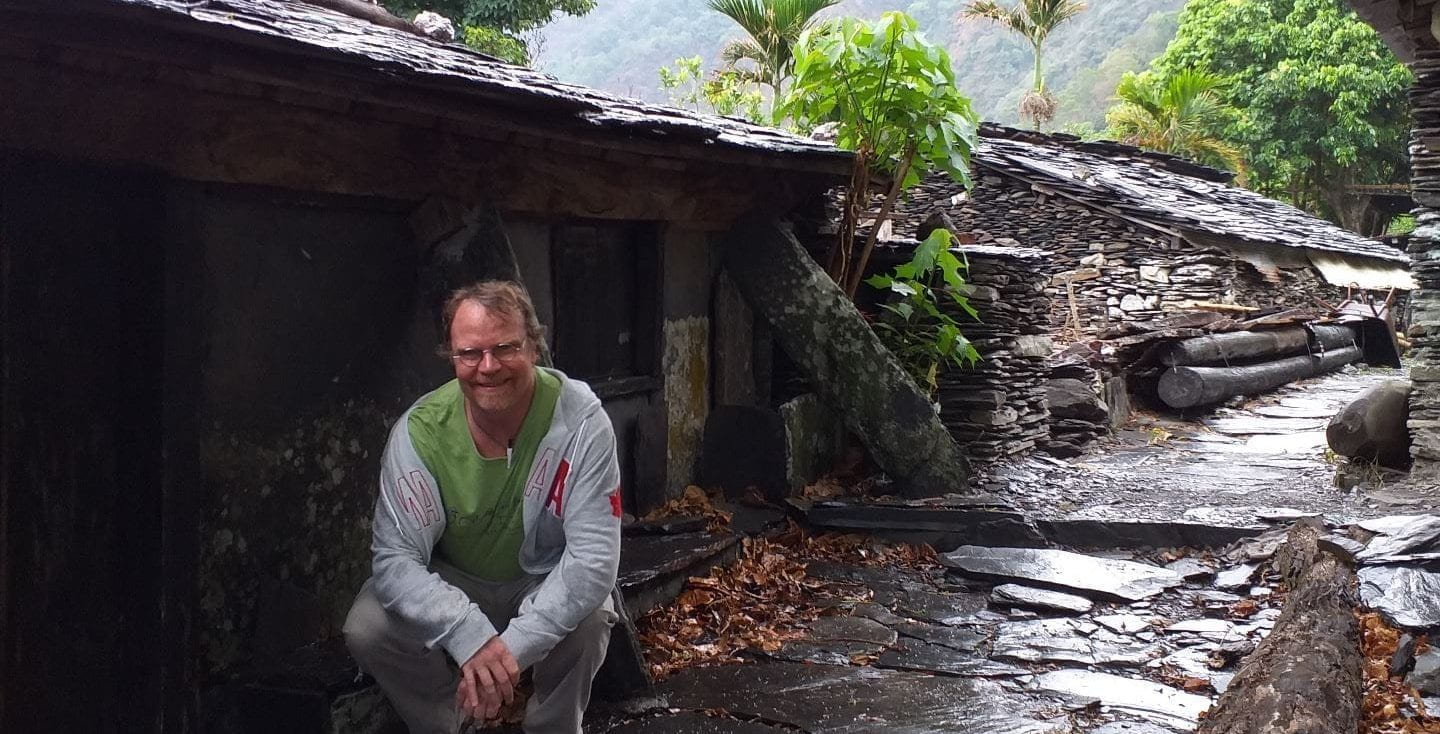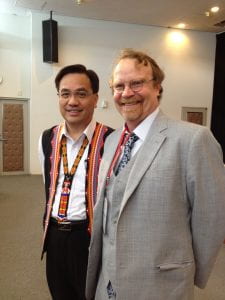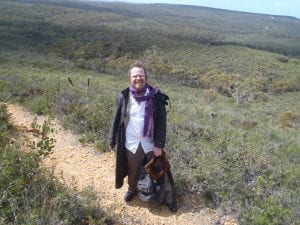As a law student Associate Professor Guy Charlton visited several American Indian reservations where he was exposed to a myriad of social problems. He witnessed acute poverty, domestic violence and extreme drug abuse. He recalls going into the Community Centre on one of the reservations where the only working electric light for the whole community was in the Tribal Centre. As you can imagine, this exposure piqued Guy’s interest in helping out these communities as much as he could. Armed with his legal knowledge he has successfully been able to effect change and help people in these communities.
As many of us do, Guy followed the example of his father and also became a legal practitioner specialising in Tribal Law. After completing his law degree he represented several American Indian tribes whilst he was practising in Wisconsin. One of Guy’s first jobs as a legal practitioner was undertaking legal research for the Sokoagon Chippewa Community in the 1990s. Rio Tinto were trying to mine in the area which was rich in copper deposits. There was a concern by the Indigenous community that mining in the reservation’s lake may cause the water level to drop- this would be disastrous for the community and their wild rice harvesting! The legal team Guy was a member of were able to stop the mining plans.
Later in his career Guy was a part of a legal team who successfully sued the United States Government in Mille lacs v Minnesota over the Treaty of 1837. This success allowed a recognition of the treaty guaranteed hunting and fishing rights over the ceded territory for the Indigenous community. Perhaps more contentiously, Guy was involved in cases relating to allowing Indigenous tribes to run gaming and casinos on reservations. If like me you have a natural tendency to think that casinos and gaming only have negative social ramifications, the issue is more complicated than this. As Associate Professor Guy Charlton notes the economic stimulus and employment the gaming centres gave the communities helped bring them out of extreme poverty. The money generated from the casinos goes directly to the tribes.’
Guy has lived in several countries around the world and he realises many of the issues confronting Indigenous communities are common across the globe. One of the underlying tenets of this centre is that it will not focus on a particular geographical location. Instead it will look at the issues which are relevant to Indigenous communities worldwide such as those in the United States, South America, Canada and the Pacific Islands. This holistic approach will allow the researchers within the centre to give assistance to a number of communities whilst learning from the approaches and issues in other areas.
The new First Peoples Rights and Law centre is only in its early stages of life. There still needs to be further consultation with the Indigenous community in order to provide a firm function and direction.
Good luck with the new centre Associate Professor Guy Charlton!
Written by Julia Day





